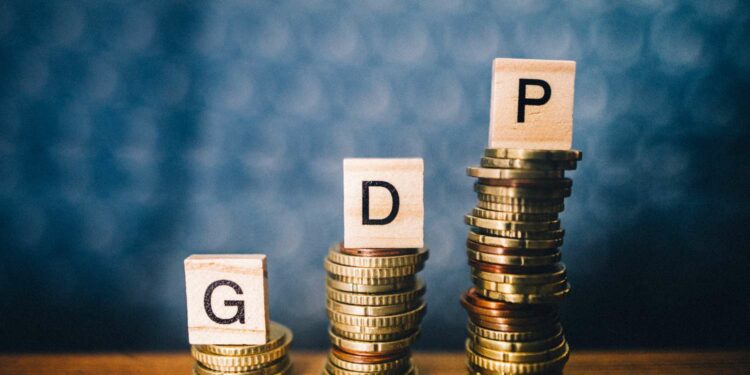World Bank Raises Ghana’s 2025 Growth Forecast to 4.3% Amid Stronger Economic Recovery
The World Bank has revised Ghana’s 2025 economic growth projection upward to 4.3%, from an earlier forecast of 3.9%, reflecting a stronger-than-expected recovery across key sectors of the economy.
Contained in the October 2025 edition of the Africa’s Pulse Report released in Washington, D.C., the new projection is slightly below the Government of Ghana’s 4.4% target outlined in the 2025 Budget.
Ghana’s economy expanded by 6.3% in the second quarter of 2025, driven largely by robust growth in the services sector, which surged 9.9%, contributing the highest share to GDP.
According to the World Bank, Ghana’s growth outlook remains positive over the medium term, with output expected to rise 4.6% in 2026 and 4.8% in 2027, supported by fiscal consolidation, improved export receipts, and recovery in private consumption.
The World Bank noted that Sub-Saharan Africa’s economy remains resilient, projecting growth at 3.8% in 2025, up from 3.5% in 2024. The improvement, it explained, reflects easing inflationary pressures and modest recovery in investment despite persistent global headwinds.
The report observed that the number of African countries facing double-digit inflation has fallen sharply—from 23 in October 2022 to 10 in July 2025—signalling progress in price stabilisation.
However, the Bank cautioned that downside risks remain, including tightening global financial conditions, reduced external financing, and uncertainty in global trade policies.
On Ghana’s inflation outlook, the World Bank projects consumer prices to end 2025 at 15.4%, contrasting sharply with the official September 2025 figure of 9.4%, down from 21.5% in September 2024.
Analysts describe the Bank’s projection as “conservative,” given Ghana’s steady disinflation trajectory in recent months. The report nonetheless expects inflation to fall further to 9.4% in 2026, consistent with the Bank of Ghana’s forecast of sustained single-digit inflation by end-2025.
The report also highlighted the cedi’s impressive 20% appreciation in the first eight months of 2025, after depreciating 19% in 2024. The Bank attributed the cedi’s recovery to tight fiscal and monetary policy, higher cocoa and gold export revenues, and improved investor sentiment following Ghana’s debt restructuring.
Nonetheless, it cautioned that the 14% depreciation recorded between June and early September was due to limited foreign exchange supply amid rising import demand.
Significantly, the World Bank confirmed that Ghana has exited the “debt distress” category, following progress in restructuring obligations to bilateral and commercial creditors.
Despite this, refinancing pressures persist, with Eurobond redemptions of US$500 million in 2025 (0.7% of GDP) and rising to 1.2% of GDP in 2026, mirroring trends across several African economies facing peak maturities.
The report also noted improvements in Ghana’s business environment, citing an uptick in the Purchasing Managers’ Index (PMI) from 50.2 in July to 50.8 in August 2025, reflecting growth in new orders and sustained job creation.
While adverse weather marginally affected output, business confidence remained upbeat amid declining inflation and a stronger currency.
Recounting the impact of the 2012–2016 “Dumsor” power crisis, the Bank said the episode led to a 12.3% drop in FDI in non-energy sectors, stressing that stable and affordable power supply remains critical for industrial productivity and investor confidence.







